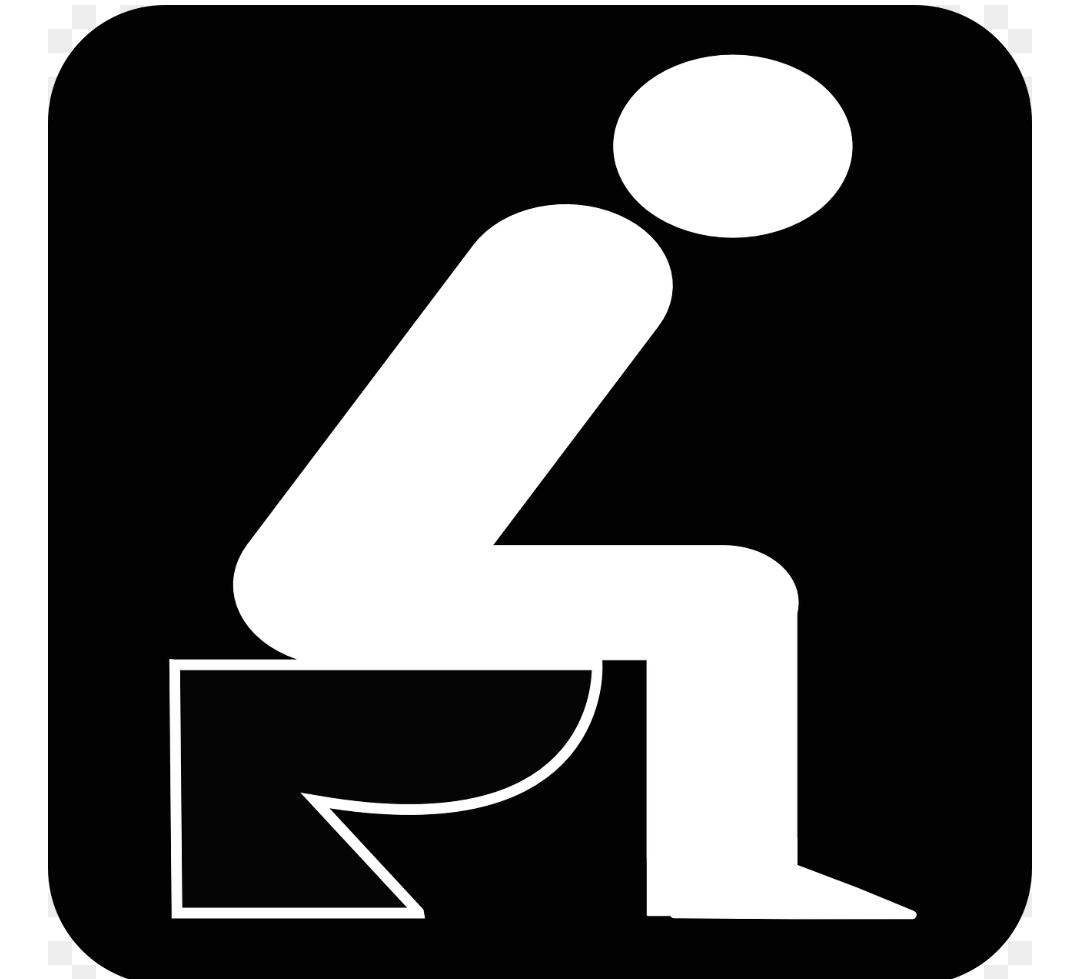Dark stools are often signs that something is wrong. Having dark stools with a foul smell is a condition known as melena. Melena often means that there’s bleeding in the digestive system, which is being digested leading to dark stools.
Some people overlook dark stools, but it could be a warning for something bigger. Dark stools happen for different reasons like an open sore forming on the stomach lining of the stomach or in the intestine. Another reason could be the medication you’re taking or even a ruptured vein in the esophagus that’s causing you to bleed too much. Whatever the case maybe, there’s a treatment plan for that. Let’s look at a few of them.

Treatment of Melena
Fixing the Cause: Treating melena is all about fixing the main causes of dark stools. Peptic ulcers basically cause open sores on the stomach lining and in the intestine. The doctor would likely give you medications like antibiotics to fix the infection and also to reduce the stomach acid so that the ulcer can heal.
In the case of busted veins in the esophagus, the doctor will give you medication to reduce the pressure in the vein. However, there are some cases where the esophageal varices get so bad that it needs surgery to stop the bleeding. The doctor might do an endoscopy to find where the bleeding is happening and stop it right there.
Furthermore, for blood disorders like hemophilia that makes it harder for your blood to clot, the prescribed medication will help your body form blood clots and stop the bleeding. Additionally, if you are on blood thinners or medications like ibuprofen or aspirins that might cause bleeding, the doctor may switch them out to a more milder medication that still does its work.
Supportive Care: If you’ve lost a lot of blood, the doctor may give you some fluids or even a blood transfusion to help you recover the blood that you’ve lost. You may also be getting medication to help you ease any pain or discomfort that you are feeling. And finally, depending on what caused the melena, the doctor may suggest that you follow a special diet to help replenish and heal your body.
How to Actually Prevent Black Stool
Lifestyle Changes: The first thing that you need to do is to have a balanced diet. Make sure you have some fruits, vegetables, and whole grains in your meal, which can keep your digestive system in check and avoid problems like ulcers.
Next, you have to manage your stress because stress can make things like gastritis worse; so find different ways that you can relax. It could be through exercise, meditation, or even spending time with people that you love and care about. Lastly, avoid alcohol and tobacco.
These things can irritate your stomach lining and your intestine, making your situation worse. So it’s best to cut back on them as best as you can.
Meditation Management: If you are on blood thinners, make sure you are checking in with your doctor to make sure that it’s okay for you to be taking these drugs. In order to avoid any bleeding issues in the future, always follow the instructions your doctor gives to you regarding your medications like aspirin and ibuprofen. Doing whatever works for you might upset your stomach and cause you to have internal bleeding.
Regular Checkups: If you are at risk for things like liver diseases, ulcers, or even a history of stomach bleeding, do yourself the favor of always going in for a regular checkup. This way, the doctor can catch any problem early and commence treatment.
Conclusion
Dark stools can be a concerning sign, often indicating an issue within your digestive system, such as melena. While it may feel alarming, the key is to understand the potential causes; whether it’s a peptic ulcer, medication side effects, or something more serious like internal bleeding. The good news is, melena can be treated by tackling the underlying cause, whether through medications, supportive care, or lifestyle adjustments.

















